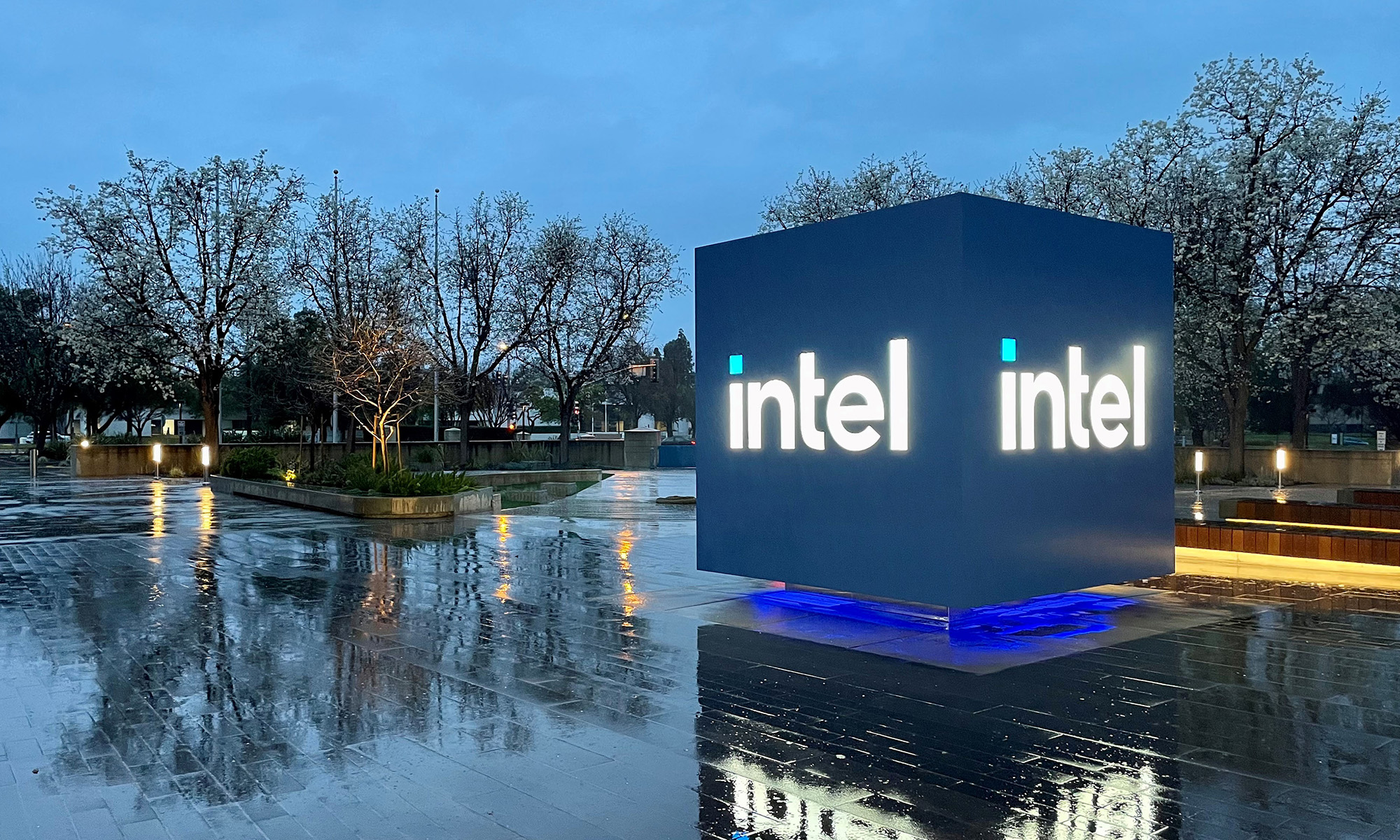Microsoft’s Peculiar Decline: A Trader’s Musings

Revenue climbed a respectable seventeen percent to $81.3 billion, and net income swelled by a rather extravagant sixty percent to $38.5 billion. The arithmetic, one must concede, is impressive. Yet, the market, that fickle beast, remains unconvinced. It’s a bit like presenting a perfectly good counterfeit – the details are flawless, but the discerning eye detects a certain… lack of authenticity.







